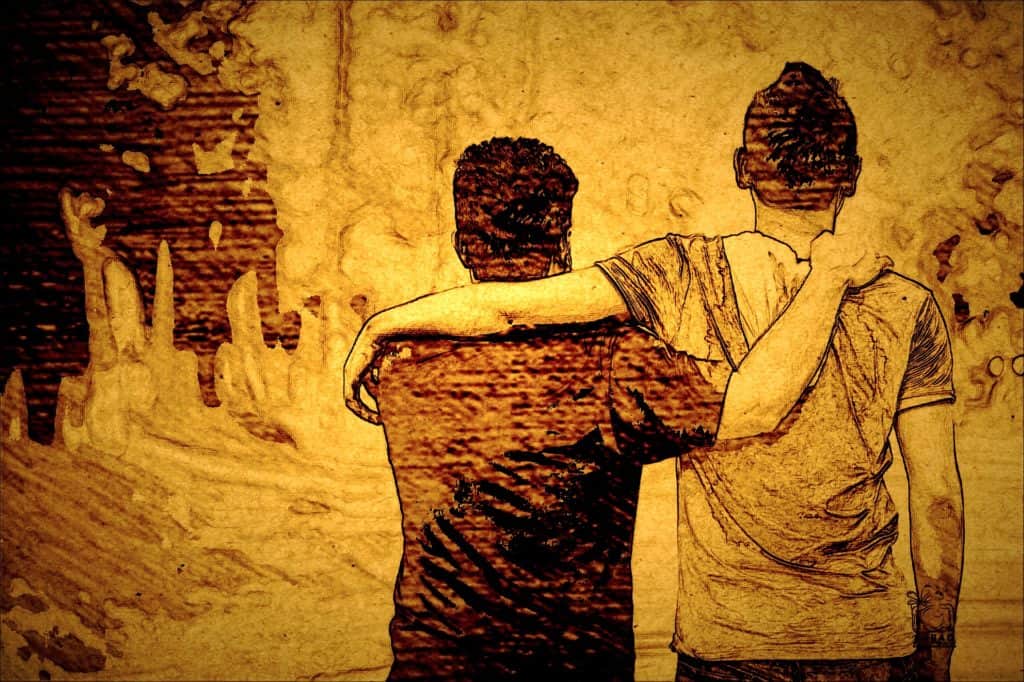
What’s the difference between acceptance and approval?
When I think of straight friends who love and support me as a gay Christian, I think of my friend Chico. Chico is not “affirming” in the way Christians normally use that term, and he does not always approve of my actions or opinions when it comes to sexuality. But Chico communicates to me something deeper and more essential than approval: he communicates belonging.
First, Chico takes my sexuality seriously. He doesn’t try to avoid the topic, act like my sexuality doesn’t matter, or treat me like I’m straight. Once, when I started dating a woman in our community, Chico questioned and challenged me: Why would I do this? Doesn’t this go against what I’ve told him? What do I hope for from this relationship? Other friends were pleased, or they silenced their own doubts and questions. It would certainly be easier and simpler if I just forgot about the whole “gay thing.” Chico wouldn’t forget it: he wanted to know what was really going on.
Second, Chico can give and take criticism without flinching. Neither of us needs to walk on eggshells with one another. This actually makes Chico a safe person: I don’t have to play any games to know what he’s thinking. If he has the approval to offer, he gives it to me, and if he disapproves, he lets me know. While it can be frustrating to answer a difficult challenge from a friend, I’m glad that we don’t have to expect each other’s approval. I’m tired of being afraid to push straight people out of their comfort zones or being told by others that they just want me “to be happy.”
While it can be frustrating to answer a difficult challenge from a friend, I’m glad that we don’t have to expect each other’s approval.
Third, Chico holds me accountable. As Christians, we share the same goal: seeking first the Kingdom. He treats me like we’re members of the same team. This means getting involved in the difficult and frustrating details and questions about sex and orientation, a topic many are too uncomfortable to engage with openly. In this way, Chico is a true ally, because we have mutual accountability. And if a Christian is not making it easier for me to be faithful to God, then how are they are acting as my ally?
Once, when our community was drafting a document to explain their position on LGB Christians, Chico came up with a metaphor for what the community was committing to foot-washing. Jesus washed the feet of his disciples, including Peter and Judas, those who would deny and betray him.
In the debate about queer sexuality in the church, queer people often feel as if our existence is denied when others talk as if there are no real gay Christians, or when homosexuality is dismissed as something like mental illness or sinful mistake. On the other hand, Christians who hold to a traditional view of sexuality (whether straight or gay) can feel betrayed when ancient sexual norms get tossed out without their full participation or endorsement.
But Chico, with his consistent engagement in my life, teaches me about why we still wash each other’s feet as Jesus did: It’s because we belong to one another.
 John Betten lives and works with a Catholic intentional community in Denton, TX.
John Betten lives and works with a Catholic intentional community in Denton, TX.


